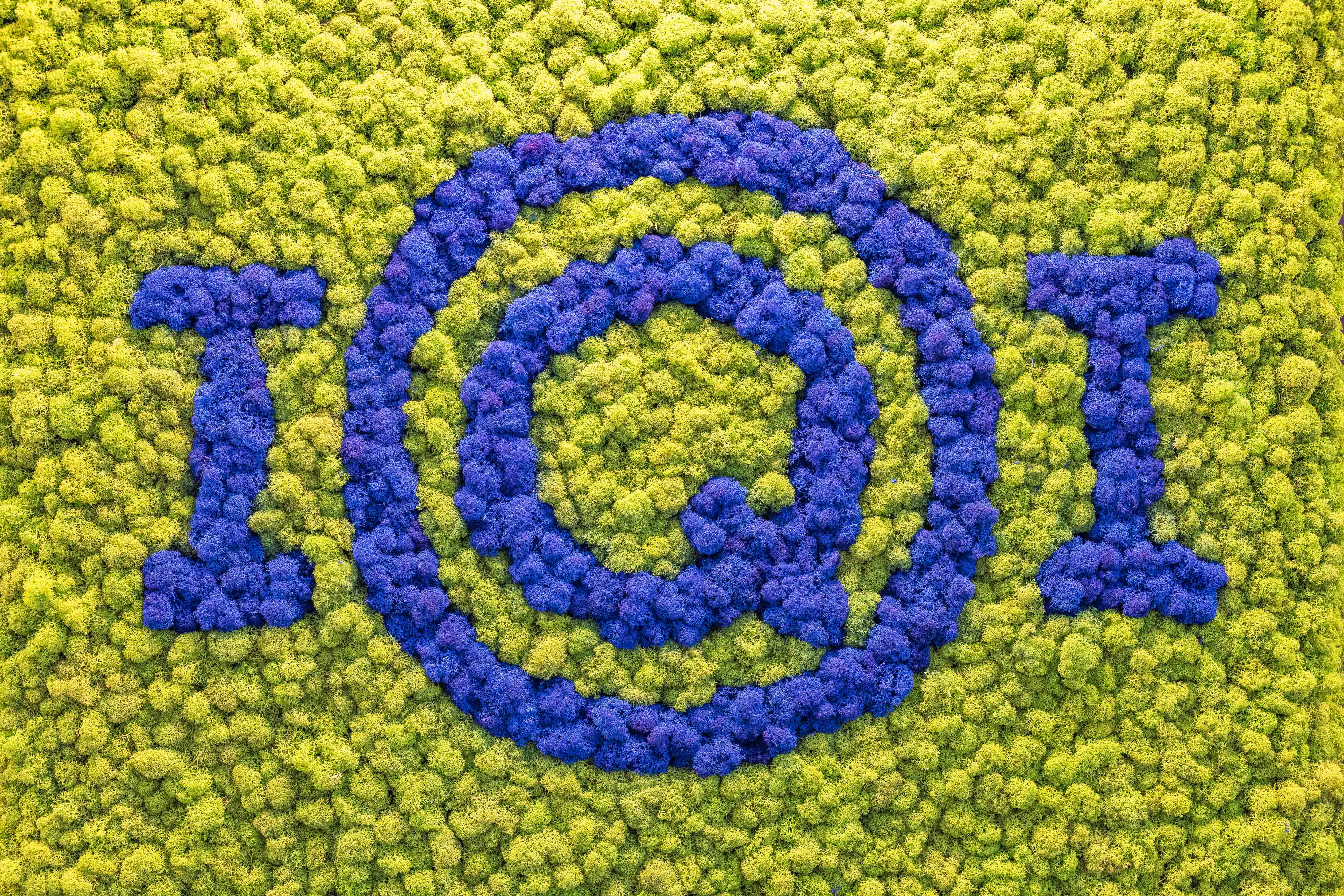Suppressing Noise due to Dissipation in a Variational Quantum Eigensolver

The accuracy of VQEs reduces in the presence of quantum noise, thus affecting the quantum state preparation. A dominant type of noise, that superconducting quantum computers have, is amplitude damping. In this thesis, we investigate a penalized VQE and a symmetry-based method to mitigate the effects of amplitude damping noise in VQEs. We consider the cluster-Ising model and the surface-code model as the problem Hamiltonians. We determine optimal hyper-parameters of the penalized VQE. We then compare the penalized VQE and the symmetry-based method with the conventional VQE and show that the penalized VQE and symmetry-based method result in larger fidelities and lower energies in the presence of amplitude damping noise. Penalized VQE achieves larger fidelities than the symmetry-based method and the conventional VQE for ground states belonging to a symmetry-protected topological phase and ground states featuring intrinsic topological order. We found that the penalized VQE allows us to achieve larger fidelities and lower energies by implementing deeper circuits. We also found that the penalized VQE and the symmetry-based method achieve larger fidelities and lower energies than the conventional VQE for all investigated system sizes.
Information
Speaker: Ashay Sathe (Friedrich-Alexander-Universität Erlangen, Nürnberg)

